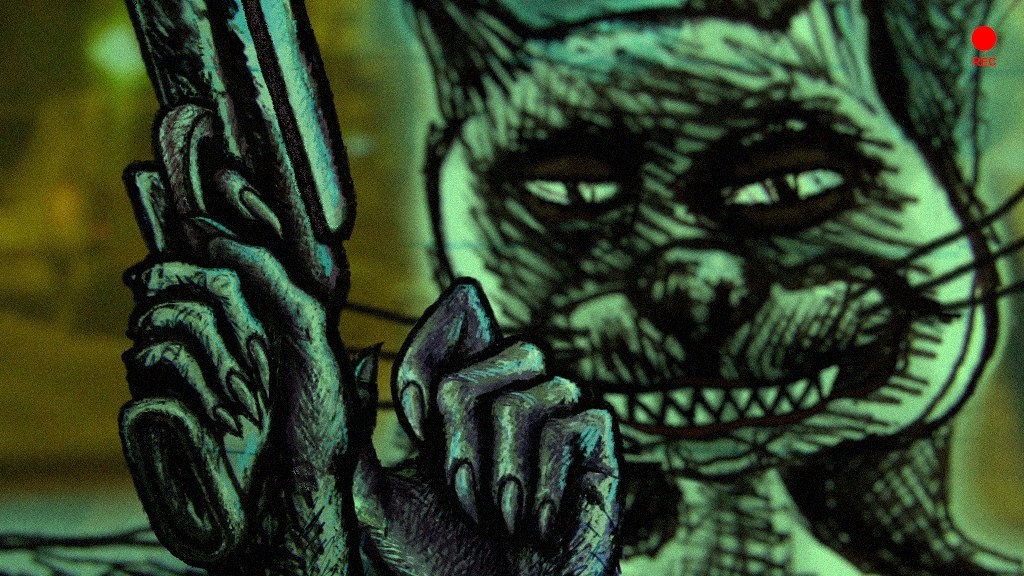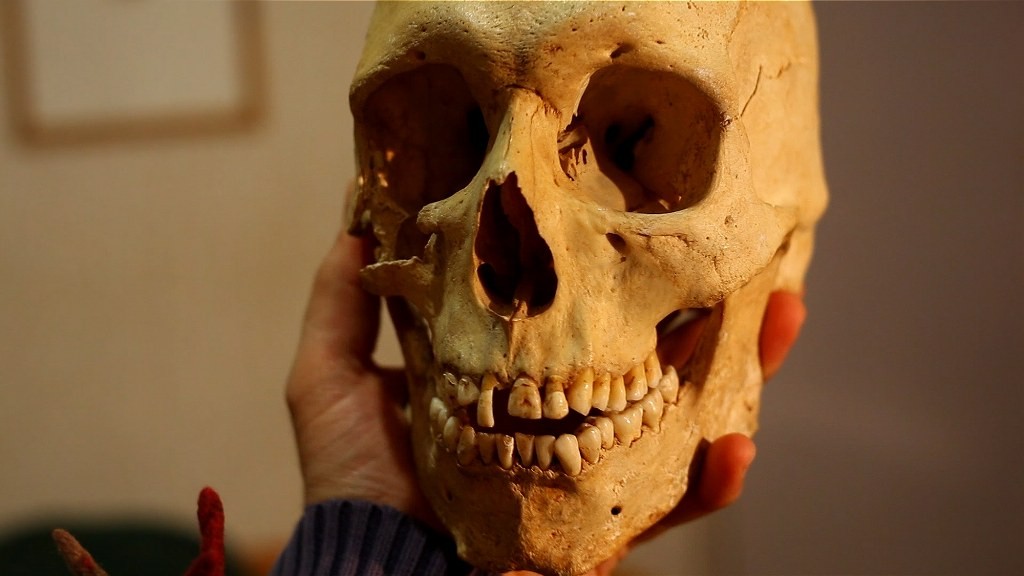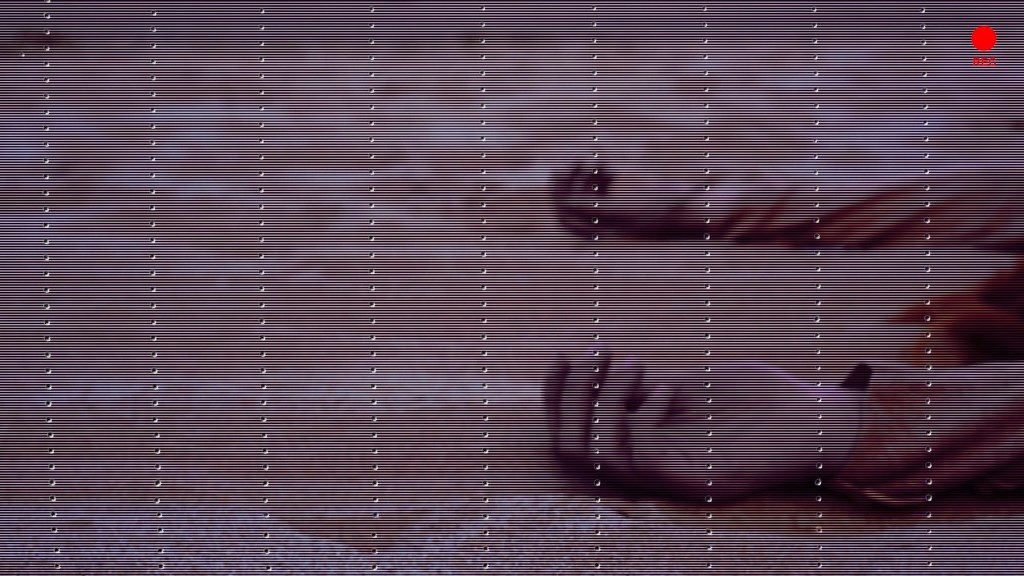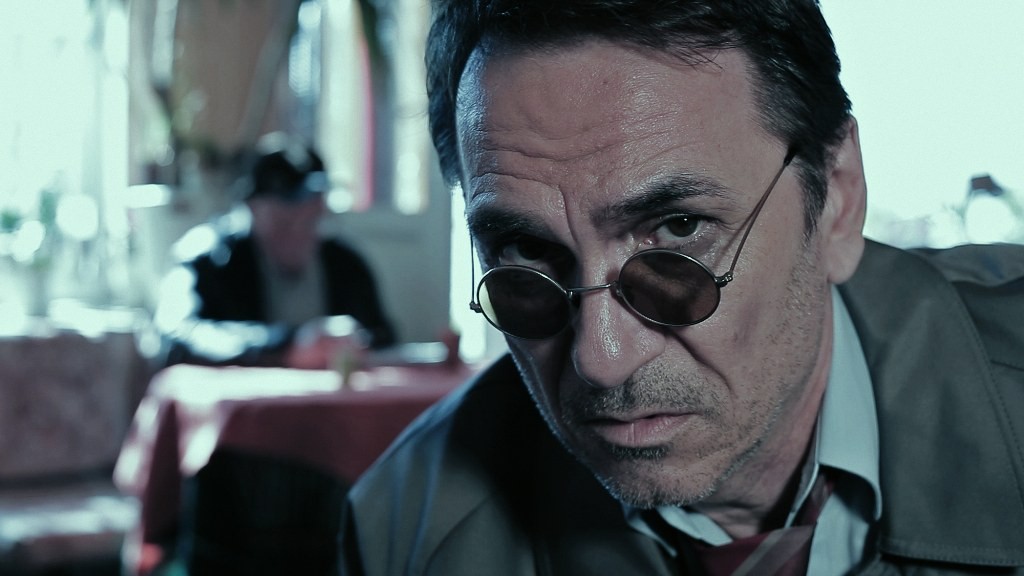As a story structure, it reminds a postmodern novel: fragmented, plotless and on first view: chaotic. Individual pieces can be rearranged and each one has its own life. In terms of genre, the film stands on the border between pseudo-documentary, dark comedy, punk (as an attitude) and video-art. The movie uses the expressive means of a documentary film, however, it is not a documentary, and it even contains some phantasmagorical and sci-fi elements and criminal moments, which it skillfully combines with grotesque animation and poetic visual language. The story runs mainly in a hypothetical Balkan country where the communistic regime collapsed at the end of the 80-ties, but after few decades it “reincarnated” itself making a contra-revolution. So, more or less, the movie is about the post-communistic mentality, despite that the main characters travel a lot around the globe. My Heart Is an Octopus or My Father on the Shore of Black Sea examines the problems of the lost- in-the- transition1 generation through the eyes of one of its representatives, but it also touches problems common to all mankind. The main character (middle-aged man) is an immigrant, who comes from a hypothetical Balkan country, where he has returned illegally to make a documentary about his father (known but forgotten artist from the recent past), and he returned illegally because in his youth he was involved in a bank robbery. All his life, the son has passionately defended his own artistic and creative position, but he has not reached the popularity and success of his parent, and, at the same time, he failed to find his place in society and to cope with the chaos in his personal life. His voice (behind the characters, voiceover) leads the narrative as a series of comments over the memories for his father by means of which he unobtrusively sets out his understanding of life, art and death. At the same time, he also presents a personal reading of history from the end of the 20th and early 21st century. Likewise, delicately, but slightly ironically, the story juxtaposes the life of the father with his son's life and presents their relationships, acquainting us with them through the prism of different cultures and temporal contexts.








